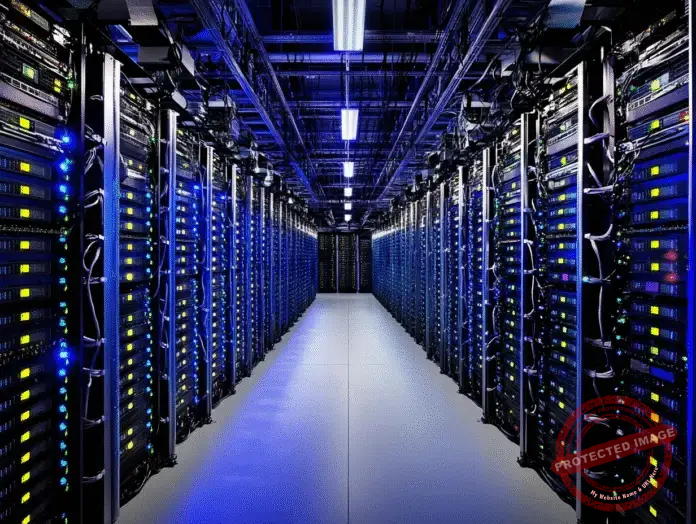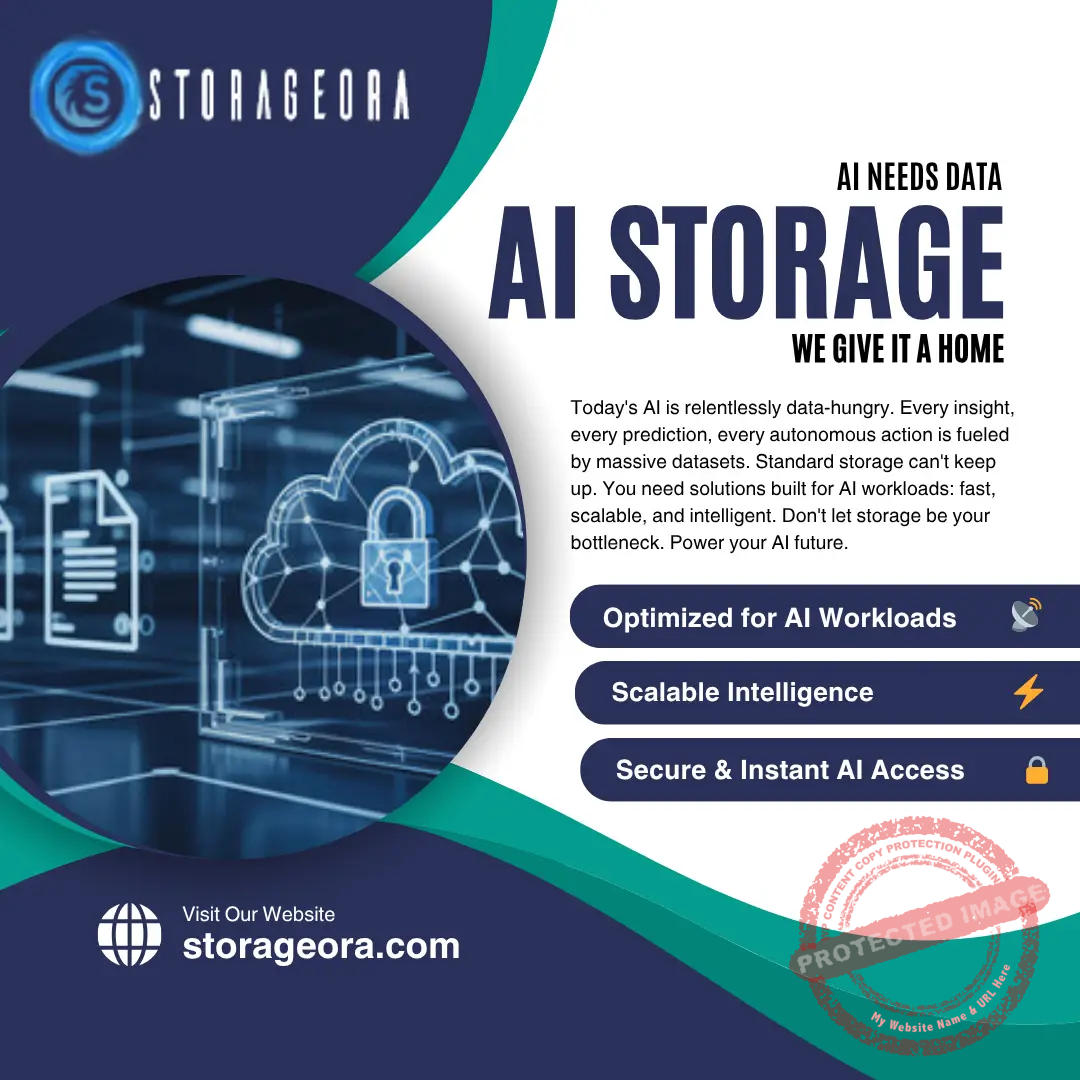In a rapidly evolving digital landscape, businesses increasingly depend on seamless integration of diverse software applications and systems. Integration Platform as a Service (iPaaS) solutions have become indispensable, enabling companies to automate workflows, streamline operations, and enhance agility. This comprehensive 2025 analysis identifies the top five iPaaS vendors, explores their software differences, highlights industry-specific use cases, and references authoritative industry analyses from IDC, Gartner, and Forrester. Additionally, this article reveals the leading vendor in Gartner’s Magic Quadrant and elaborates on why this vendor maintains industry leadership. The aim is to equip decision-makers with clear insights into selecting the most suitable iPaaS vendor tailored to their organization’s strategic goals, technological needs, and competitive landscape.
Understanding the iPaaS Market in 2025
By 2025, the iPaaS market has reached unprecedented maturity, driven by growing demands for hybrid cloud integration, real-time data sharing, and advanced API management. According to IDC, global spending on iPaaS has accelerated, underscoring the pivotal role these platforms play in digital transformation strategies across industries.
Top 5 iPaaS Vendors in 2025
1. IBM Cloud Integration
www.ibm.com – IBM iPaas Solutions
IBM remains a dominant player, distinguished by robust hybrid cloud capabilities, advanced artificial intelligence (AI) integrations via IBM Watson, and comprehensive security protocols.
Key Features and Differentiators:
- Hybrid cloud support with OpenShift
- Integrated AI-driven insights and analytics
- Strong data governance and compliance capabilities
- Advanced API lifecycle management
Industry-Specific Use Case:
In financial services, IBM’s iPaaS solution enables seamless real-time data integration between legacy banking systems and cloud-native fintech applications, ensuring regulatory compliance and enhancing customer experience.
2. MuleSoft Anypoint Platform
Owned by Salesforce, MuleSoft is renowned for user-friendly design and extensive API management capabilities.
Key Features and Differentiators:
- Comprehensive API ecosystem management
- Low-code and no-code functionalities
- Seamless Salesforce integration
- Extensive community-driven resources
Industry-Specific Use Case:
In retail, MuleSoft supports omnichannel integration, synchronizing customer data across e-commerce, mobile apps, and in-store experiences, thus boosting customer engagement and sales efficiency.
3. Microsoft Azure Integration Services
Microsoft offers a highly versatile and scalable integration solution deeply embedded within the Azure ecosystem.
Key Features and Differentiators:
- Native integration with Azure cloud services
- Strong AI and machine learning capabilities
- Robust scalability and reliability
- Extensive hybrid and multi-cloud capabilities
Industry-Specific Use Case:
Healthcare organizations leverage Azure Integration Services for secure interoperability between Electronic Health Records (EHRs) and cloud-based patient engagement tools, significantly improving patient outcomes and operational efficiency.
4. Boomi AtomSphere
Boomi is appreciated for its ease of use, rapid deployment, and robust connectivity to numerous applications and systems.
Key Features and Differentiators:
- User-friendly drag-and-drop interface
- Extensive pre-built connectors and templates
- AI-powered data mapping and transformation
- Fast deployment cycles
Industry-Specific Use Case:
Manufacturers utilize Boomi for integrating IoT devices with enterprise resource planning (ERP) and supply chain management (SCM) systems, streamlining operations, and improving predictive maintenance capabilities.
5. Workato
Workato is emerging strongly, recognized for its automation-first approach, integrating applications and automating workflows without extensive coding.
Key Features and Differentiators:
- Strong workflow automation capabilities
- Extensive automation recipes and connectors
- Real-time process integration
- Excellent usability and minimal IT reliance
Industry-Specific Use Case:
Technology companies frequently use Workato for automating IT operations and DevOps integrations, reducing deployment cycles, and enhancing productivity.
Who Leads According to Gartner, Forrester, and IDC?
Gartner Magic Quadrant 2025: IBM Maintains Leadership
According to Gartner’s 2025 Magic Quadrant, IBM continues to lead the iPaaS space due to its visionary approach and robust execution capability. Gartner highlights IBM’s exceptional hybrid cloud support, comprehensive security framework, and industry-leading AI-driven analytics capabilities. IBM’s ability to manage complex integration scenarios across multi-cloud environments consistently positions it as a market leader.
IDC and Forrester Insights:
IDC identifies IBM and MuleSoft as primary leaders, emphasizing IBM’s innovative use of AI and MuleSoft’s expansive API management ecosystem. Forrester similarly recognizes IBM and Microsoft Azure for their powerful enterprise-grade solutions, particularly for organizations prioritizing scalability and security.
Why IBM Continues to Lead
IBM’s sustained leadership results from strategic investments in hybrid cloud innovation, robust AI integration, unmatched security and governance capabilities, and exceptional industry-specific solutions. Its unique ability to seamlessly integrate legacy systems with cutting-edge cloud applications while ensuring compliance and governance keeps it at the forefront of enterprise preferences.
Final Considerations for Choosing Your iPaaS Provider
Businesses must consider factors such as ease of use, scalability, industry specialization, security, AI capabilities, and integration complexity when selecting their iPaaS vendor. While IBM leads due to its comprehensive enterprise-grade capabilities, MuleSoft, Microsoft Azure, Boomi, and Workato offer compelling alternatives tailored to varying organizational needs.
Understanding these nuanced differences ensures strategic alignment and maximum operational efficiency, positioning your business for successful digital transformation and sustainable competitive advantage in the ever-evolving technological landscape.
Rene Archambault
Co-Editor – Tech Online News – Canada
Cloud Computing
www.techonlinenews.com
Samantha Cohen
Co-Editor – Tech Online News – Canada
End Computing
www.techonlinenews.com
Post Disclaimer
The information provided in our posts or blogs are for educational and informative purposes only. We do not guarantee the accuracy, completeness or suitability of the information. We do not provide financial or investment advice. Readers should always seek professional advice before making any financial or investment decisions based on the information provided in our content. We will not be held responsible for any losses, damages or consequences that may arise from relying on the information provided in our content.





 AMD
AMD TMC
TMC IE
IE MSI
MSI NOK
NOK DELL
DELL ECDH26.CME
ECDH26.CME